dennisthow1328
About dennisthow1328
The funding of law courts in the United Kingdom is a complex issue that directly impacts the efficiency of justice.
A rare case involved a juror who sustained a concussion after a ceiling tile fell in a Crown Court. An investigation found that recent building renovations had not been properly completed, and debris had not been secured. The incident delayed proceedings and raised broader questions about investment in court infrastructure across the UK.
The use of remote hearings has expanded significantly in recent years, especially due to the COVID-19 pandemic. Virtual hearings allow individuals to attend court remotely, either by video or by phone. This has been particularly beneficial for people who may have difficulty traveling to court due to illness, disability, or financial constraints. While virtual hearings have proven to be effective in many situations, some individuals still find them challenging, particularly those who are not comfortable with technology or who lack access to reliable internet.
 At the higher level is the Crown Court, which deals with more serious criminal cases. The Crown Court requires considerable funding to ensure that it can handle the complexity and volume of cases. This includes the costs of legal fees, as well as maintaining the infrastructure for a court system that handles high-stakes criminal cases such as murder and fraud. Crown Court trials tend to be resource-intensive, requiring substantial financial input to ensure that justice is served.
At the higher level is the Crown Court, which deals with more serious criminal cases. The Crown Court requires considerable funding to ensure that it can handle the complexity and volume of cases. This includes the costs of legal fees, as well as maintaining the infrastructure for a court system that handles high-stakes criminal cases such as murder and fraud. Crown Court trials tend to be resource-intensive, requiring substantial financial input to ensure that justice is served.
The English Civil War in the 17th century in England. The conflict between the monarchy and Parliament led to the temporary abolition of the monarchy and the establishment of a republic under Oliver Cromwell. During this period, the legal system was significantly disrupted, with courts losing their traditional powers. However, following the restoration of the monarchy in 1660, the legal system was reestablished, and many of the judicial reforms that had been introduced earlier were solidified.
Common law and its emergence was a direct result of the creation of the King’s Court. As the courts began to operate more regularly, a body of legal precedents began to emerge, which laid the foundation for what would later become the common law system. Common law refers to a body of law based on judicial decisions rather than written statutes, and it formed the backbone of the English legal system. The decisions made by judges were recorded and used as precedents for future cases, providing consistency and predictability in legal outcomes.
Legal firms specializing in workplace injury or public liability often monitor these developments closely. As more cases reach civil courts, precedents are being established that define the extent of liability government institutions bear for injuries occurring on their premises. In many instances, these rulings reinforce that public buildings must adhere to the same safety protocols as commercial entities.
In the face of these difficulties, the Ministry of Justice continues to explore alternative funding models for the UK’s court system. One option being considered is the introduction of charging for court services. Some have suggested that introducing new fees or seeking private investment in the judicial system could help alleviate the strain on public finances.
Although Northern Ireland is part of the UK, it maintains its own legal system, separate from those of England and Wales and Scotland. This system is rooted in common law, but it is tailored to the region’s specific legal, historical, and political context.
A primary form of assistance provided by law courts in the UK is through the provision of financial support for legal costs. Legal aid is a system that ensures individuals who cannot afford to pay for legal representation can still access the justice system. The UK government funds legal aid to assist those with limited financial resources in obtaining legal representation in both criminal and civil cases. Legal aid covers various legal services, including advice, representation, and assistance in preparing cases for court.
The Health and Safety at Work etc. Act 1974 applies to court buildings just like any other workplace. This legislation requires employers and property managers to ensure the safety of staff and visitors. If you have any thoughts about where by and how to use UK directory submit your law firm, you can contact us at our own web-site. This duty of care extends to risk assessments, proper maintenance of facilities, and prompt response to hazards. If the responsible party is found negligent, they may be liable for compensation.
_City_Directory%2C_1927_DGS_101402729_128.jpg) At the highest level of the judicial system is the High Courts, which handles the most significant civil cases, appeals, and judicial reviews. The funding of the High Court is particularly important, as it deals with high-profile cases that often set legal precedents. Additionally, the court requires specialized resources to manage complex and time-consuming cases. The challenge for the Ministry of Justice is to provide sufficient funding while ensuring that resources are spread across all levels of the judiciary, from the lower courts to the most senior courts.
At the highest level of the judicial system is the High Courts, which handles the most significant civil cases, appeals, and judicial reviews. The funding of the High Court is particularly important, as it deals with high-profile cases that often set legal precedents. Additionally, the court requires specialized resources to manage complex and time-consuming cases. The challenge for the Ministry of Justice is to provide sufficient funding while ensuring that resources are spread across all levels of the judiciary, from the lower courts to the most senior courts.
No listing found.

